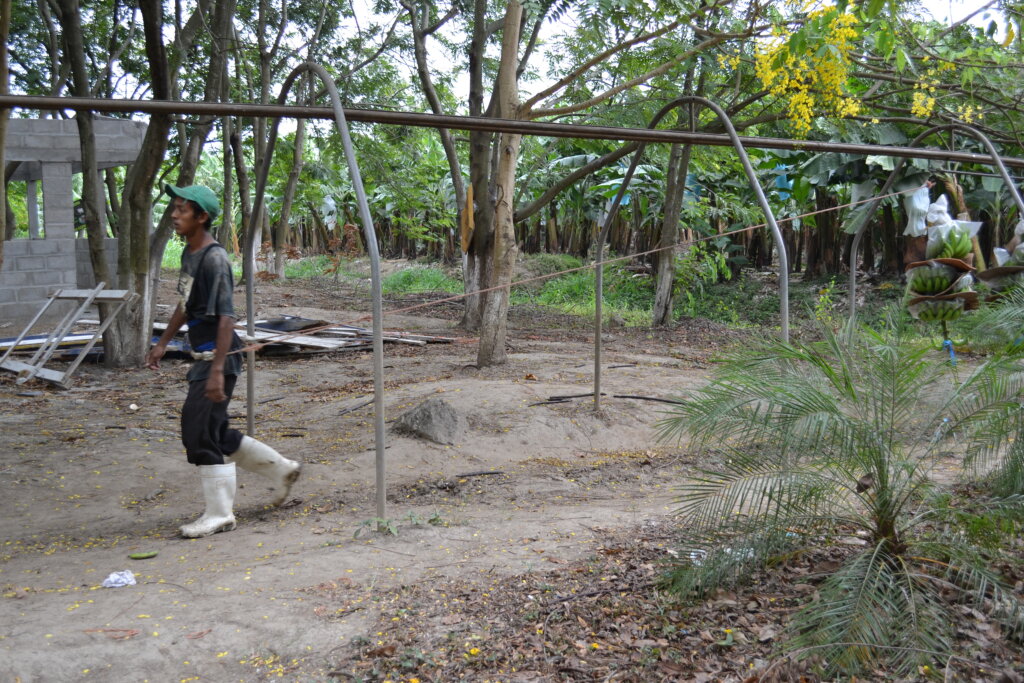New ILO Policy guidelines for the promotion of decent work in the agri-food sector have been approved by a coalition of 100+ experts representing workers, governments and employers from around the world. The guidelines – based on relevant International Labour Standards – cover the four pillars of the ILO’s Decent Work Agenda: rights at work, decent and productive employment, social protection and social dialogue. Importantly, they are the first guidelines to specifically lay out the roles and responsibilities of the government, employers, and workers, respectively, in advancing decent work.
The guidelines are designed to improve the lives of over 1.3 billion workers globally. Taking into consideration the precarious context in which agri-food workers operate globally, the guidelines aim to help tackle the emerging crises of food insecurity, rising global poverty, climate change and environmental degradation – a major contributor to which are current food systems. Smallholders, migrant labourers and seasonal plantation workers are among those that the guidelines are designed to benefit.
The document was approved as the result of negotiations by a broad range of stakeholders from the private sector, governments and civil society – who are expected to be key players in streamlining the implementation of the guidelines across global contexts. Partners in the Decent Work Coalition include IFAD, CARE and the ILO – expert organisations that are, for the first time, pooling their resources to target labour and employment issues in food systems. More information about the Decent Work Coalition can be found in their recently launched website.
Alistair Smith, International Coordinator at Banana Link, comments:
The ILO is drastically under-resourced for its work in agriculture and particularly for workers who produce food around the world, often in very precarious and dangerous conditions. So, this agreement is very welcome, if it focuses the attention of those who are responsible for working conditions on what needs to be done, starting with the freedom for workers to organise themselves to improve their own conditions.
Source: ILO
